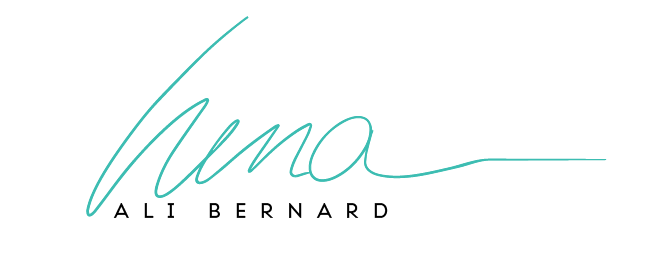
AVOWAL JOURNALS

Why Avowal:
An avowal is an affirmation of the truth of what you believe. It’s an honest admission. An avowal is a way of owning up to or declaring something. All too often we dance around saying what is true and necessary and create a false sense of safety. The very name of this journal changes you to shift that concept and lean into owning your truth and declaring what you need, want and see on a path forward.
Cover + Variations:
Each journal is made with careful consideration to interconnectedness, beginning with the cover design acknowledging the incarcerated parent as the base for all the other variation of the other journals. Only the top fern color changes for each edition, while the foundation stay the same. The key point for this is to not only remind the parent of their importance, but also of their affect on those who are connected to them. In addition, it is a subtle reminderto the caregiver, teen, or child that their story is the foreground of their life and no matter their background it takes both to create the overall picture. Lastly, ferns are among the oldest plants in the world, meaning they survive, grow and are strong in difficult conditions. There use in the design symbolizes growth, new beginnings, and resilience.
Purpose:
The purpose of these journals is to provide emotional support, guidance, and a structured space for self reflection during the complex experience of parental incarceration. Designed for individuals who are incarcerated, caregivers, and children impacted by incarceration, these joumals encourage personal growth, emotional processing, and the maintenance of family connections. They help individuals cope with the emotional challenges they face, manage uncertainty, and navigate the changes in family dynamics over time, with the ultimate goal of fostering resilience and preparing for a hopeful future.
Benefit:
These journals offer a therapeutic space for users to express their emotions, reflect on their experiences, and develop coping strategies, enhancing emotional well-being and mental resilience. They provide a supportive tool for understanding and processing the impact of incarceration, helping individuals and families maintain connections, manage stress, and work toward long-term stability and personal growth. By engaging in regular self reflection and self-care practices, users can build emotional strength, create meaningful change, and improve their ability to cope with challenges, both during and after the incarceration experience.
“I want YOU BE TO ABLE TO SHARE WHAT IS ON YOUR PAPER, free from shame or fear.”
-Hena Ali Bernard

As part of my commitment to advocacy and uplifting the work surrounding children of incarcerated parent, SWIPE PI was born. SWIPE PI is a program I co-created to provide a curriculum (among other resources) that supports children experiencing incarcerated parents. Our curriculum focusses on literacy, self confidence, empowerment, connection, and implementable strategies to help children navigate the journey of life. One thing I’m most proud of is our ability to not only impact the children directly, but also empower the facilitators to create an environment that is impactful and easy to implement.
- % of people in state prisons were first arrested before they turned 16. 38%
- Percent of people in state and federal prison who have been diagnosed with a mental illness 37%
- most people (63%) in state prison are locked up over 100 miles from their families 63%

“The Parallel Sentence” is a candid story about parental incarceration. Each chapter brings you along on the journey of Hena Ali-Bernard as she shares the vulnerable and raw moments that lead to her being the child of an incarcerated parent.
Although, a portion of her experience is viewed through the lens of those that lived through it as adults, the imposed impression that was a stamp on her surpassed the stories. Hena takes the reader to the where it all started and brings them to present day, highlighting how one decision changed everything she had known. She does a brilliant job showcasing that it was not just the choice that ultimately created the unraveling of her family, but a broken judicial system. It is fitting to state that to date it is still broken and causes repetitive stories resembling that of Hena and of so many in this country. In “The Parallel Sentence” she gives us an intimate look into her father’s case and how it consumed her family for years, and the effects on her mother, uncle, and her as they were doing time on the outside while her father was doing time on the inside. Her honest and tender recollection keeps the reader engaged and vested in reaching the fate of her family.
The story is one of hope, desperation, uncertainty, and release. One that builds a bridge from what it means to be dealt a hand, and the gift of determining you aren’t bound to the hand you were dealt. Hena chose to build a life that ushers in the truth, healing and purpose that defies what society says her future should look like. She not only creates a rally cry for those currently in the fight, but she is a shining example of redefining what can be achieved in spite of the fight.
